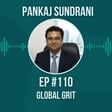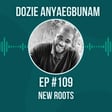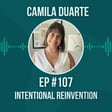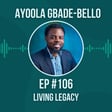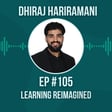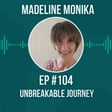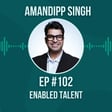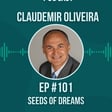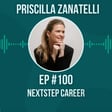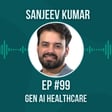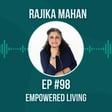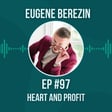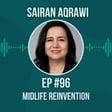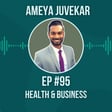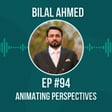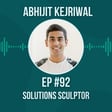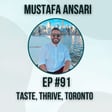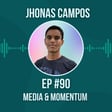
#86 Strategic Wellness w/ Rochan Kakar
Rochan was born and raised in a small sub-urban city - Chandigarh in North India. At age 23 he moved to New York to pursue a Masters in Finance at University at Buffalo.
Today, Rochan Kakar is the Chief Strategy Officer at Granimals (www.granimals.com) a digital healthcare startup focused on helping people with mindset-led well-being, injury rehabilitation and prevention care.
Granimals was bootstrapped with $600 and today it is at $3M ARR with ambitions to raise capital in FY 2025.
In addition to Granimals Rochan is an active investor in 15+ startups in the retail tech and consumer tech space.
Prior to Granimals Rochan was a Strategy Consultant at Deloitte Consulting in New York City and Toronto, MS Finance Graduate Student at University at Buffalo, Mentor to D1 students in UB Athletics and a professional soccer player in India.
